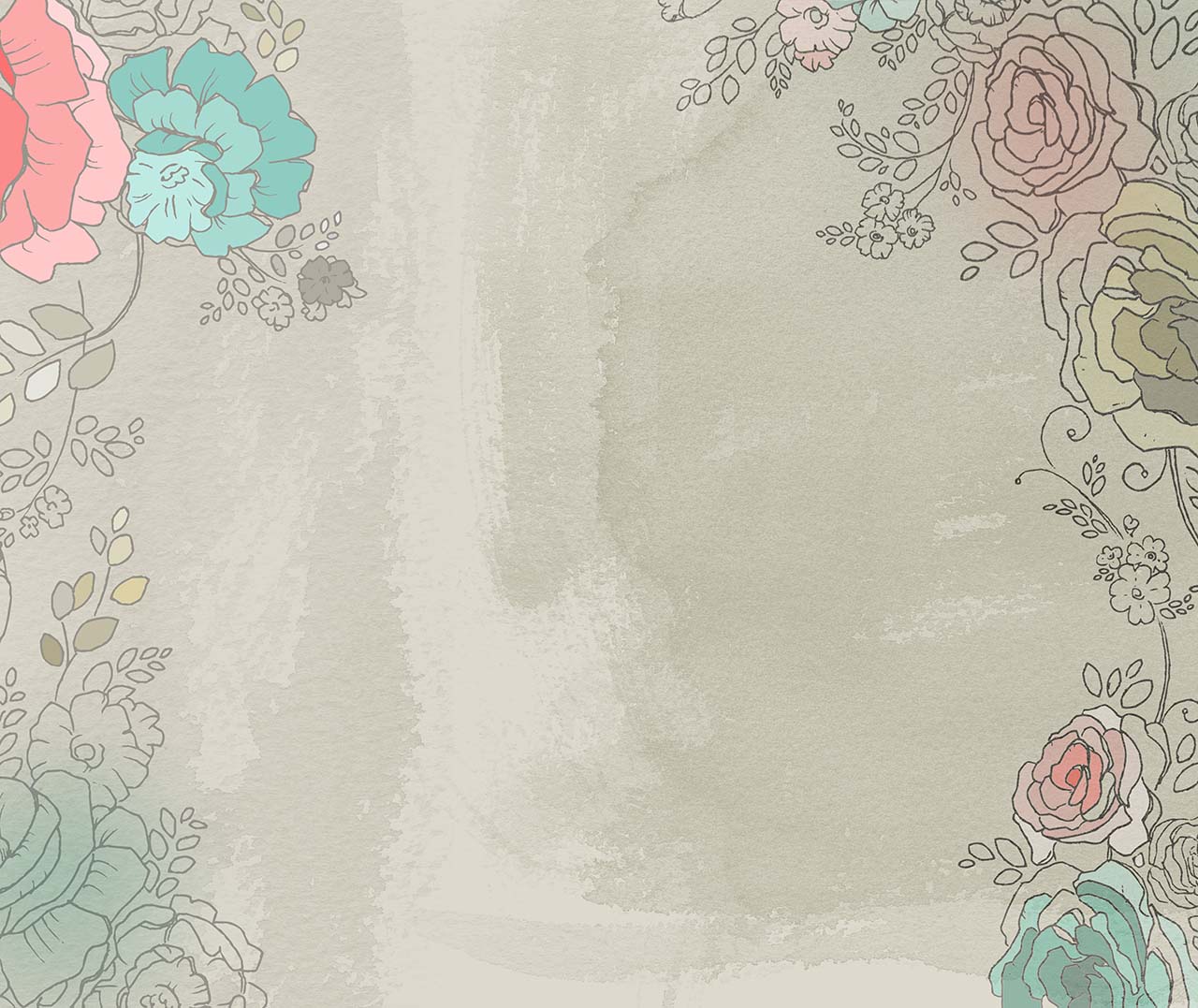What Doctor Who Teaches us about Grief
Today I welcome Elizabeth Thoma on Wanted Chosen Planned for a special guest post. The power of storytelling is this: We realize we are not alone. We see that other people have survived what seems insurmountable. We learn how to cope and even thrive after loss. I am grateful for all the vulnerable guest stories shared on WCP. I am grateful – today specifically – for Oberon and his short but precious life.
Oberon’s Story:

Three years ago at this time, my son Oberon was home in hospice care. We knew he was going to die, but we didn’t know when.
If you saw our home now, decorated for the holidays, you’d probably think everything was OK. It isn’t. Yes, there is joy in our house, but there is still heavy sadness and grief. We have “two under two” that fill our days with diapers, demands, and silly antics. What is somewhat less obvious, is our missing would-be-three-year-old. His pictures are hung on the wall, he has his own stocking, and his name is broadcast in nearly every room. But he isn’t here. I can’t hold him, look into his eyes, take care of him. Oberon, my firstborn, the one who made us a family beyond a couple.
In 2014, I was finishing up my MBA, I’d been married for two years, and I was turning thirty. It was the perfect year to try to get pregnant, and we succeeded pretty quickly. I was over-the-moon and already planning what kind of parent I would be. I was going to keep my own identity, I was going to have dance parties in the living room, and I was going to throw the best theme parties. I had some early spotting, but got checked out and told there was nothing to worry about. Even so, I had never felt worry like that before. It was intense and all-consuming.
At the anatomy scan, I was excited to find out the sex of the baby. We had the girl name picked out but were unsettled on a boy name, and this would tell us whether we needed to figure it out. The technician started with small talk, and we didn’t really notice when she got more quiet and focused. Being our first child, we didn’t think anything of it. We were taken to another room to talk to the doctor.
That was when we met Dr. L. I hated her at first, because she told me about an anomaly they found – an omphalocele. She didn’t get into prognosis as quickly as I would have liked, staying more on the clinical information they had at the time. My mind immediately went to worst-case scenarios. We got an amniocentesis to try to rule out the more serious conditions that are linked with omphalocele. When we got home I googled like no tomorrow. There was a huge variety in outcomes, which didn’t really help. I felt isolated and I wanted answers, but there weren’t any.
Over the next few weeks, we withdrew from family and friends because we didn’t want to share too much in case we got terrible news from the amnio or other testing. When everything came back clear, we broadcast to everyone what was happening. We acknowledged that there were unknowns, but truth be told I expected it to be OK. I expected our son would have surgery right away, recover in the NICU, and come home. We’d have to watch out for some things as he grew up, but he would grow up.

My water broke at 34 weeks and Oberon was born. As expected, he was whisked away to the NICU and I was left alone in the delivery room – a very unsettling experience. I focused on being cleared to visit him in NICU and started pumping. He had surgery. He had his first bowel movement (a big milestone after omphalocele surgery). He was doing great, it seemed. But then he started having more and more episodes of apnea – he would stop breathing and turn blue. Nurses, doctors, and respiratory therapists all had their own theories. He was intubated to help him breathe. After about a week, they found the answer. A brain ultrasound and subsequent MRI showed cerebral atrophy – his brain had stopped growing. It didn’t seem to be traumatic from labor, it seemed to have just stopped sometime in utero and no one could tell us why.
His prognosis was bad. He could live, but he’d be on heavily sedating seizure medications, unable to ever develop beyond the mental state of a newborn. Never walk, talk, or communicate in any way.
We decided to redirect his care to make him comfortable. We took pictures with family, then had him extubated and discharged from the NICU to our home to care for him until he died. I’m forever grateful that a doctor suggested we try to take him home. Those nineteen days at home are my favorite memories of him. I try not to think about the hours leading up to his death, his death, calling the hospice nurse to pronounce him dead, the hospice nurse coming, the undertaker picking him up, the funeral home… so many memories I wish I didn’t have but are still crystal clear. I still sob when I let myself think about it. The tears help me feel close to him. Without the overwhelming emotions, it can feel surreal – like it didn’t really happen.
But it did happen. Oberon lived. He lived and he died in his father’s arms. And I will miss him for the rest of my life. No subsequent babies will fill the hole in my heart. No subsequent babies will fix me. This is how I am now.

In the early days of grief, I watched a lot of television to pass the time, to try to escape. I started watching Doctor Who, and the episode “Vincent and the Doctor” has stayed with me ever since. In it, The Doctor and his companion have an adventure with Vincent Van Gogh. At the end of the episode, the companion remarks that she is saddened that Van Gogh still took his own life shortly after their meeting.
Amy Pond: We didn’t make a difference at all.
The Doctor: I wouldn’t say that. The way I see it, every life is a pile of good things and bad things. The good things don’t always soften the bad things, but vice-versa, the bad things don’t necessarily spoil the good things and make them unimportant.
This is the only way Oberon’s life and death make sense to me. It’s the only way I can feel any joy now, and explains why I still feel intense grief at times. Oberon’s death doesn’t make his life unimportant. And having his siblings here doesn’t always soften that he is missing.
I always struggle with endings. There’s pressure to tie things up with a bow, a nice conclusion. There isn’t one. My life goes on while my son’s does not. It hurts every day, but I go on. I carry him with me as I care for his family – our family.

Thank you, Elizabeth, for sharing Oberon’s story. It warms my heart that he got to know HOME before he died. That is a beautiful gift.
Pregnancy loss and infant loss is an experience known by many, unfortunately. We who have lived it can be an amazing support for each other. If you would like to share your story, please email Alexis Marie Chute at info@alexismariechute.com


